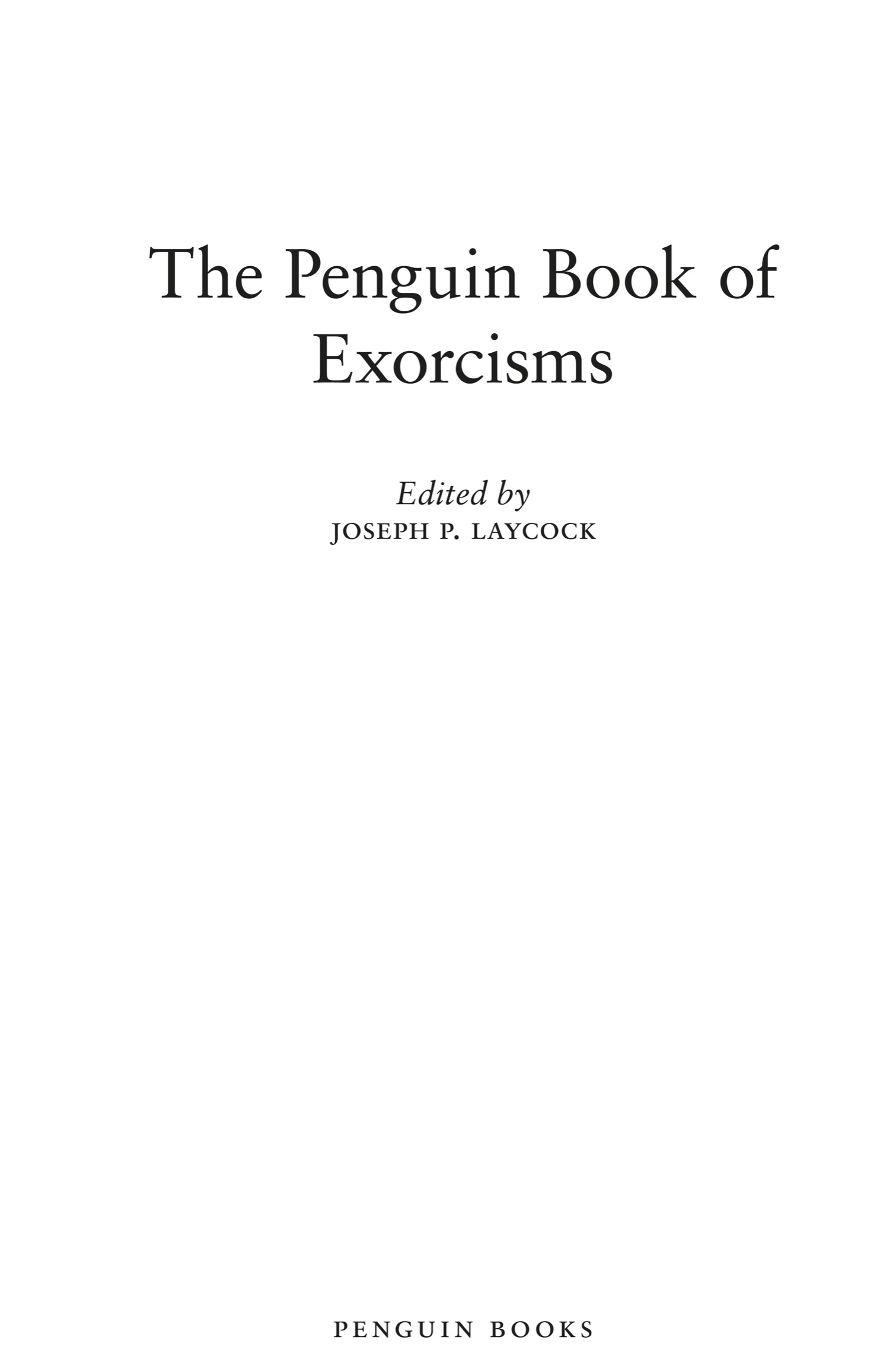Joseph P. Laycock - The Penguin Book of Exorcisms
Here you can read online Joseph P. Laycock - The Penguin Book of Exorcisms full text of the book (entire story) in english for free. Download pdf and epub, get meaning, cover and reviews about this ebook. year: 2020, publisher: Penguin Publishing Group, genre: Science. Description of the work, (preface) as well as reviews are available. Best literature library LitArk.com created for fans of good reading and offers a wide selection of genres:
Romance novel
Science fiction
Adventure
Detective
Science
History
Home and family
Prose
Art
Politics
Computer
Non-fiction
Religion
Business
Children
Humor
Choose a favorite category and find really read worthwhile books. Enjoy immersion in the world of imagination, feel the emotions of the characters or learn something new for yourself, make an fascinating discovery.
- Book:The Penguin Book of Exorcisms
- Author:
- Publisher:Penguin Publishing Group
- Genre:
- Year:2020
- Rating:3 / 5
- Favourites:Add to favourites
- Your mark:
The Penguin Book of Exorcisms: summary, description and annotation
We offer to read an annotation, description, summary or preface (depends on what the author of the book "The Penguin Book of Exorcisms" wrote himself). If you haven't found the necessary information about the book — write in the comments, we will try to find it.
A Penguin Classic
Levitation. Feats of superhuman strength. Speaking in tongues. A hateful, glowing stare. The signs of spirit possession have been documented for thousands of years and across religions and cultures, even into our time: In 2019 the Vatican convened 250 priests from 50 countries for a weeklong seminar on exorcism. The Penguin Book of Exorcisms brings together the most astonishing accounts: Saint Anthony set upon by demons in the form of a lion, a bull, and a panther, who are no match for his devotion and prayer; the Prophet Muhammad casting an enemy of God out of a young boy; fox spirits in medieval China and Japan; a headless bear assaulting a woman in sixteenth-century England; the possession in the French town of Loudun of an entire convent of Ursuline nuns; a Zulu woman who floated to a height of five feet almost daily; a previously unpublished account of an exorcism in Earling, Iowa, in 1928an important inspiration for the movie The Exorcist; poltergeist activity at a home in Maryland in 1949the basis for William Peter Blattys novel The Exorcist; a Filipina girl bitten by devils; and a rare example of a priests letter requesting permission of a bishop to perform an exorcismafter witnessing a boy walk backward up a wall. Fifty-seven percent of Americans profess to believe in demonic possession; after reading this book, you may too.
For more than seventy-five years, Penguin has been the leading publisher of classic literature in the English-speaking world. With more than 2,000 titles, Penguin Classics represents a global bookshelf of the best works throughout history and across genres and disciplines. Readers trust the series to provide authoritative texts enhanced by introductions and notes by distinguished scholars and contemporary authors, as well as up-to-date translations by award-winning translators.
Joseph P. Laycock: author's other books
Who wrote The Penguin Book of Exorcisms? Find out the surname, the name of the author of the book and a list of all author's works by series.

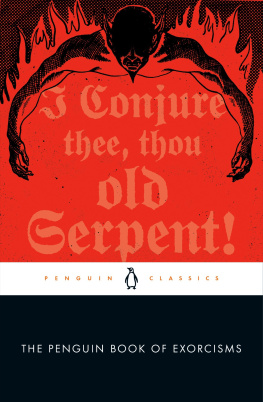
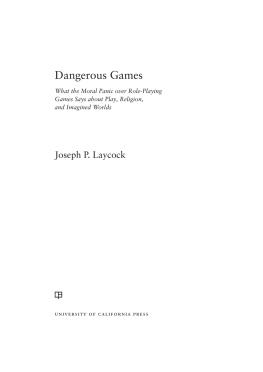
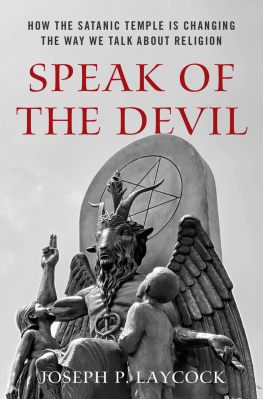

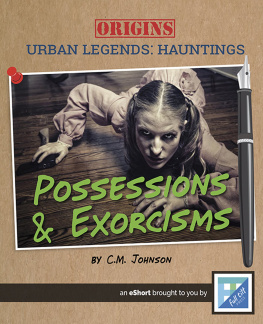
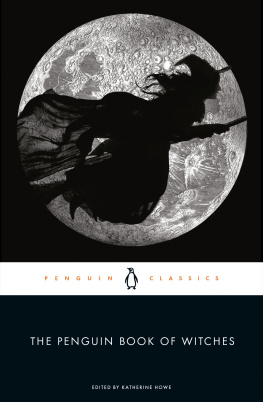
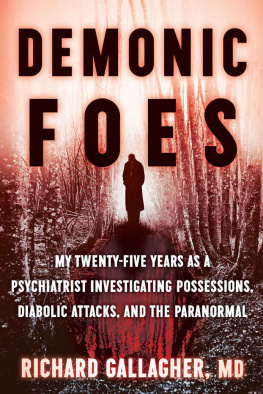
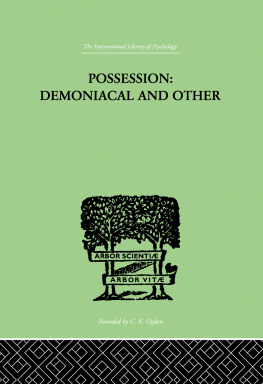
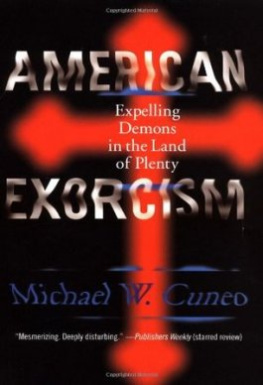

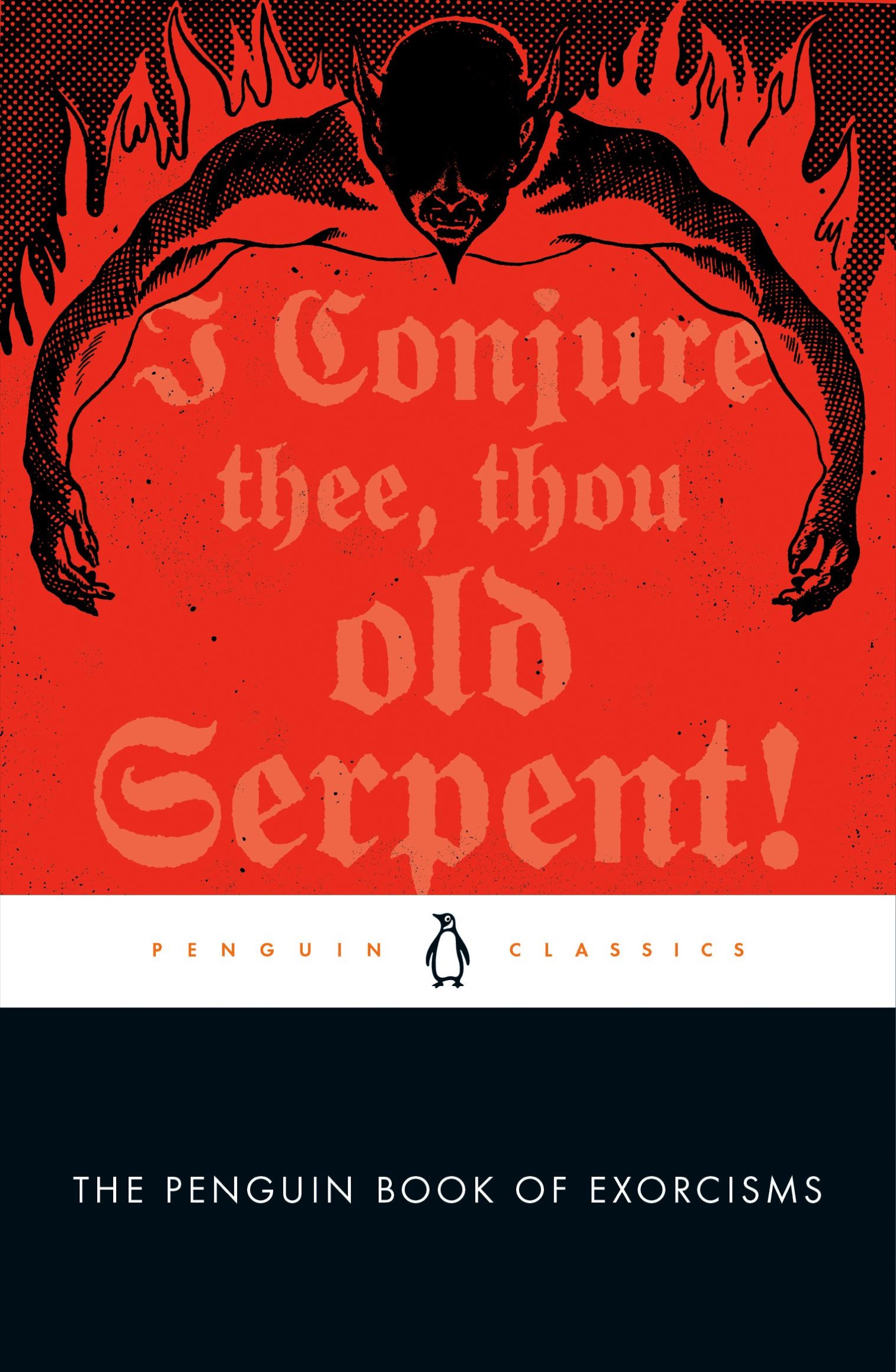
 CLASSICS
CLASSICS